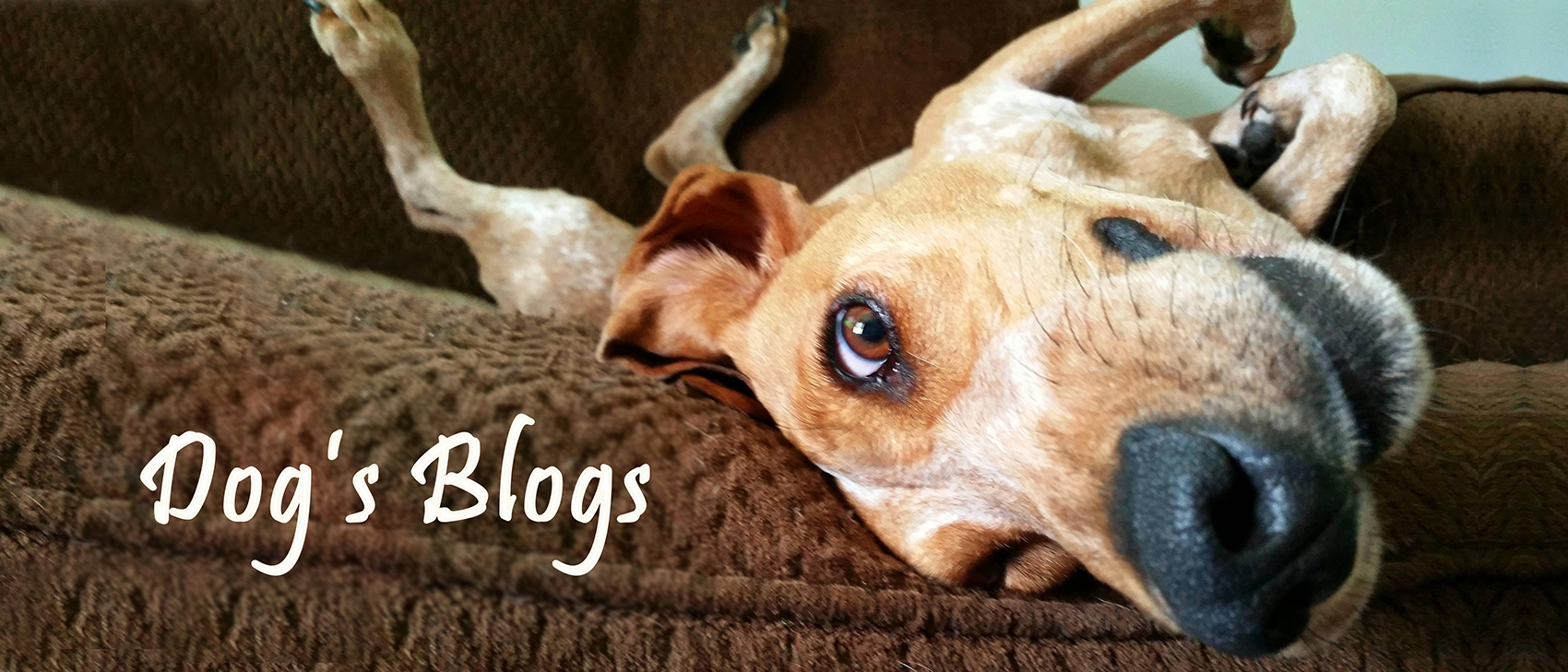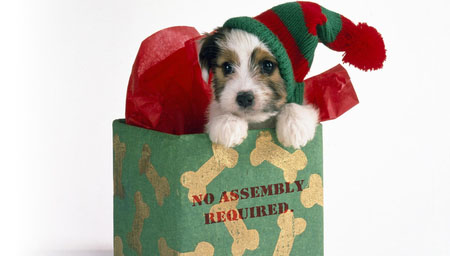Giving a child a puppy is a very loving thing to do –but is it the smart thing to do?
I often meet a lot of misconceptions about what role a child will play in a puppy’s life and consequentially, some disappointment that things aren’t panning out as expected.
This article will sum up some realities and give you an understanding that can save you and your child a lot of grief.
Misconception No 1: My child should/ will/ must be the puppy’s pack leader and should be in charge of the puppy at all times.
Many parents wish to encourage their children to develop a stronger sense of responsibility and assertiveness. The intention is great and the goal is not unachievable, but putting your child in charge of a puppy is like strapping a baby into a parachute… The lesson will be a disaster before the teaching has even begun.
Fact: It does not feel instinctively safe for a young animal to put another young individual (child) in charge of their life. When an assistance dog is trained to support a special needs child, the dog doesn’t usually meet the child until the dog is over 2 years of age. At that point, the dog itself is mature and happily adopts a babysitter role to the child. Although it obeys certain commands from the child, it does so to earn a reward -not because the dog respects the child as it’s ‘pack leader’.
Puppies will typically look for confident, calm and self-contained adults as their authority. That person becomes a key ingredient for the puppy to feel safe, even if they never feed, walk or play with the puppy. If more than one adult appears authoritative within one family, then your puppy will feel even more safe. Strong adults are the most important ingredient for a young puppy’s survival. The more of them, the better!
Misconception No 2: My child must learn to stand up to the puppy and gain control of it.
Fact: Puppies mature MUCH faster than children. Within only a few weeks, your new pup will see itself as older than any 10yo child. During the transition, while they are somewhat peers, it is common that there’ll be lots of hard play biting, stealing toys and wrestling too roughly. It is important that you DO NOT encourage your child to fight back harder. It could become very dangerous, because without holding an adult’s level of authority, your child will only achieve revving up your puppy even more and could even get ‘told off’ with a nip. Instead, the disciplining should come from you. Your puppy must treat your children respectfully because you say so, just like the children must treat the puppy with respect because you say so. You decide how your family/ pack members may interact with each other. You must be the one to decide who gets sent to their room or out in the garden to cool off. Getting a puppy will be another lesson for you in developing responsibility and assertiveness!
After this phase, your young dog will eventually take on the babysitter role as described previously. Your more mature dog will become increasingly tolerant, accepting and somewhat protective of your children. Like a big sister or brother. It’s a beautiful thing that will happen naturally -without anyone needing to rush it or generate it. Getting a puppy is also a lesson in patience by the way!
Misconception No 3: My child pestered me to get this puppy, so now my child must train it.
I see the rationale, but whoah, good luck with that!! Putting an 8yo in charge of training a dog that you must live with for the next 15-18 years? Think this through again… Do you really trust your child’s timing, consistency, tenacity, intuition and accuracy to do a job that most adults find difficult?
Your child may have pestered you to get a dog, but the decision was ultimately yours. Now the responsibility for the puppy is ultimately yours too. The sooner you accept this, the better trained and better behaved your new dog will be.
Misconception No 4: My child must be the most important person in the puppy’s life.
Sometimes giving a puppy to a child comes from an intention to help the child battle with loneliness. Often the idea has sprung from a bit of guilt to do with relocating to a new country or separating from the other parent.
Fact: The only person who can stop a puppy from bonding with a child is the child itself. If your child ignores the puppy and refuses to interact with him, then they may not develop a bond. Even so, it would be hard to avoid it and the relationship could still easily be formed later. So there is no reason to try to make sure a bond forms between your child and your new puppy. It will happen anyway.
Just like children, dogs can -and should- love several family members. The more, the better! And just like in human families, dogs will love the family members for different characteristics. Typically it will love the children as playmates, the more nurturing parent as a place to go get a hug and rest, and the more authoritative parent as the pack leader who upholds order and gives directions. Just like it wouldn’t serve your child to love only one person (or a dog) and develop a co-dependent relationship, it won’t serve your puppy either. The puppy could develop separation anxiety, which would in turn make it bark, scratch doors and chew furniture when separated from your child. Your child may have reached school age when they are meant to form friendships beyond their own family, so it would be counterproductive if your child has to stay home to keep your dog from getting anxious!
I hope I have shed some light on what you can expect from life with a new puppy in your family. If you are not already there, then I hope to see you soon in our puppy classes. For those with a busy or irregular time schedule, we also offer puppy home schooling.


